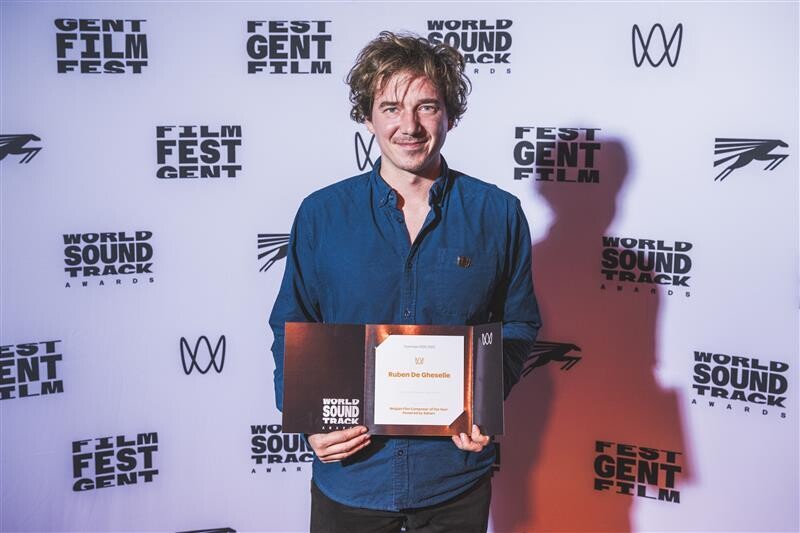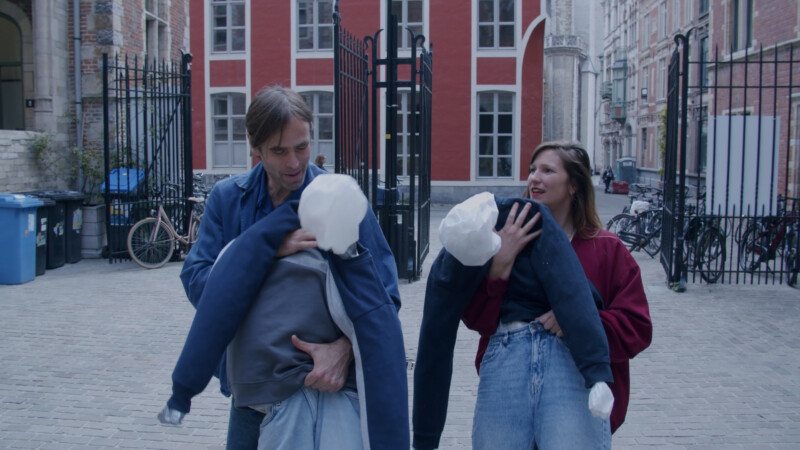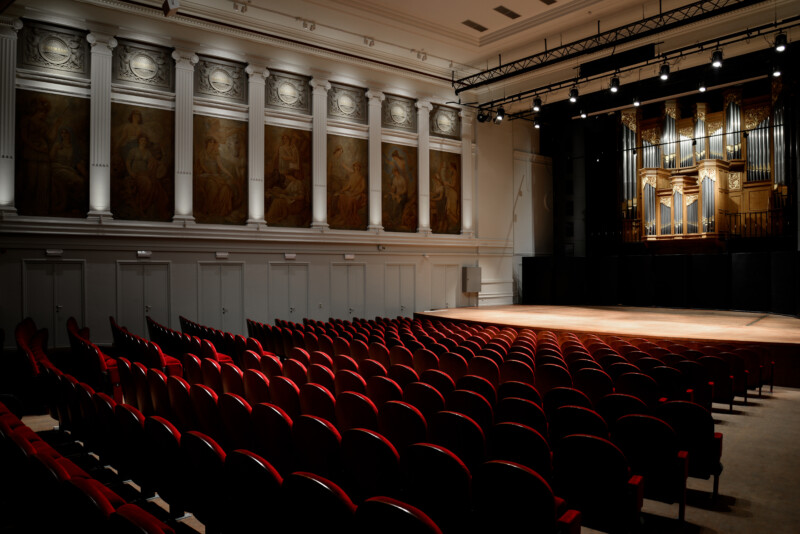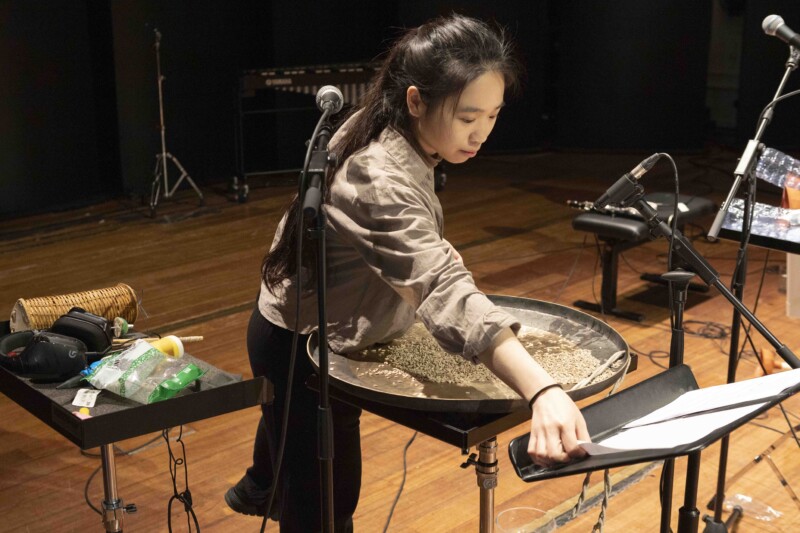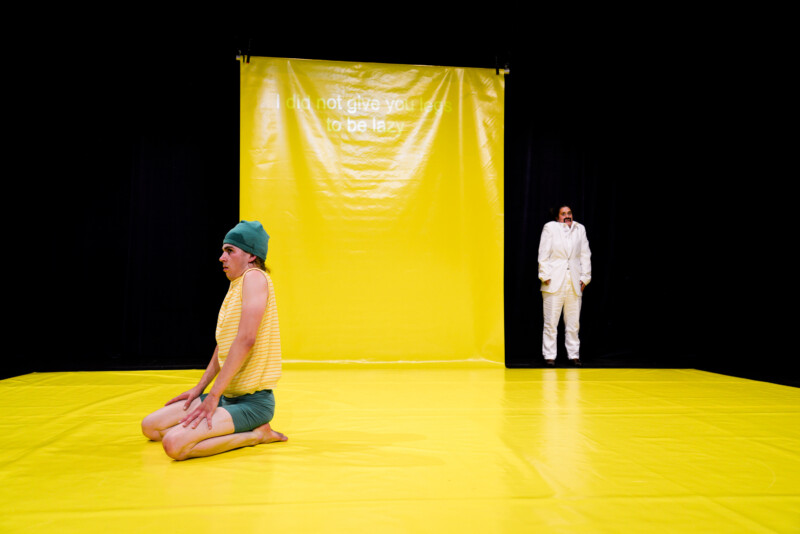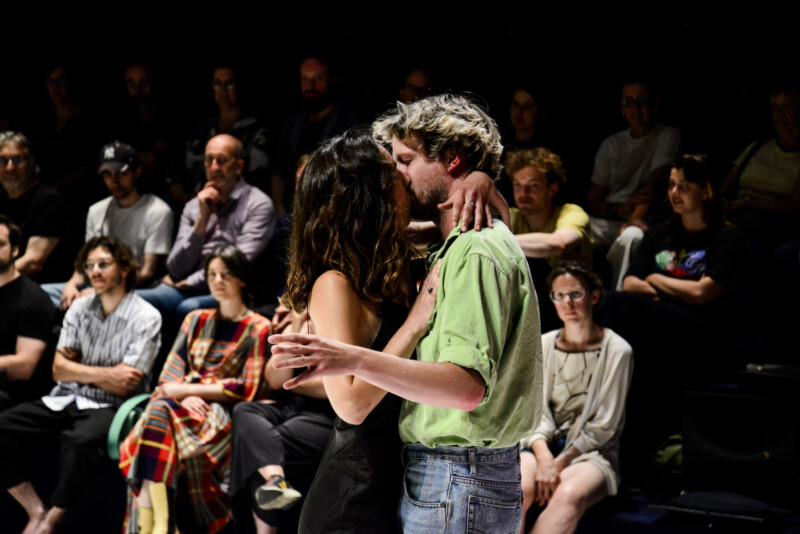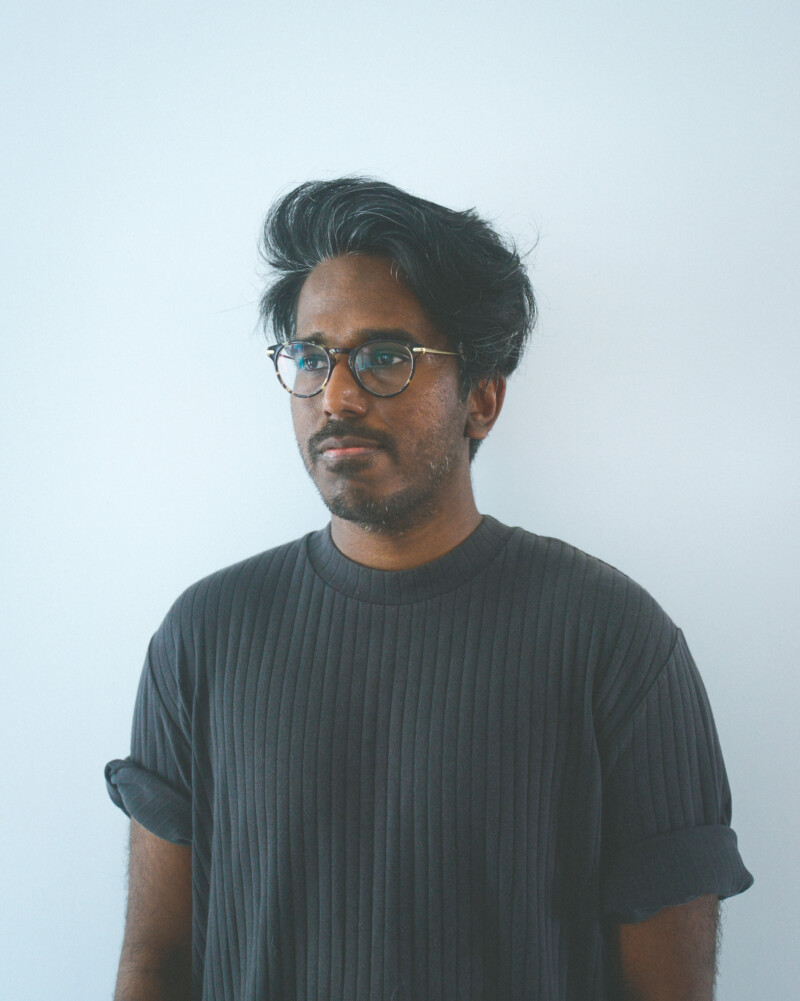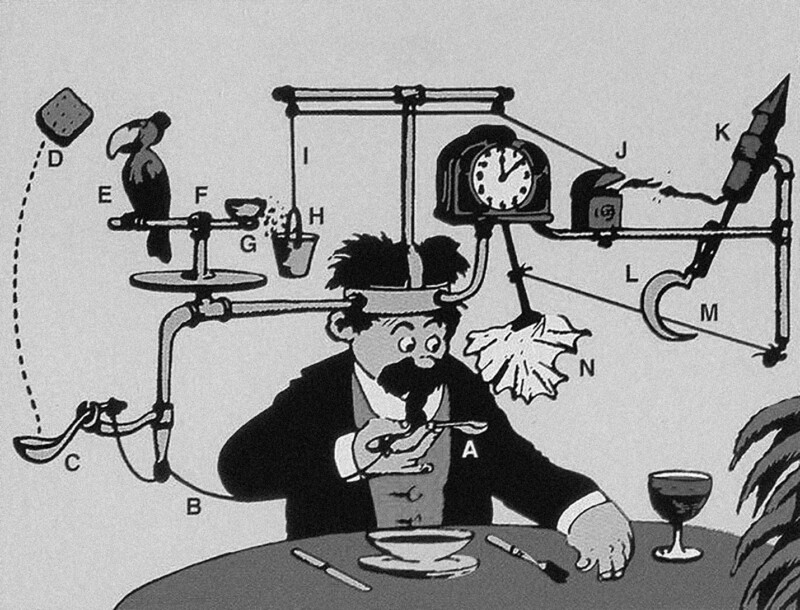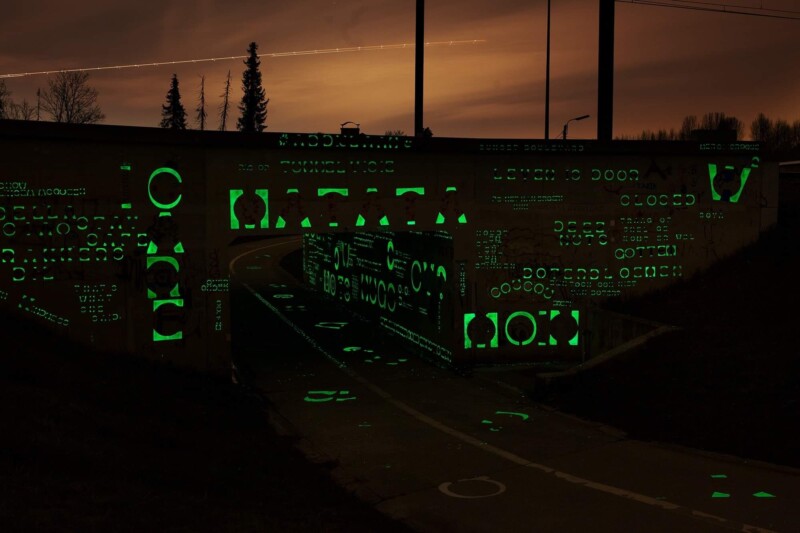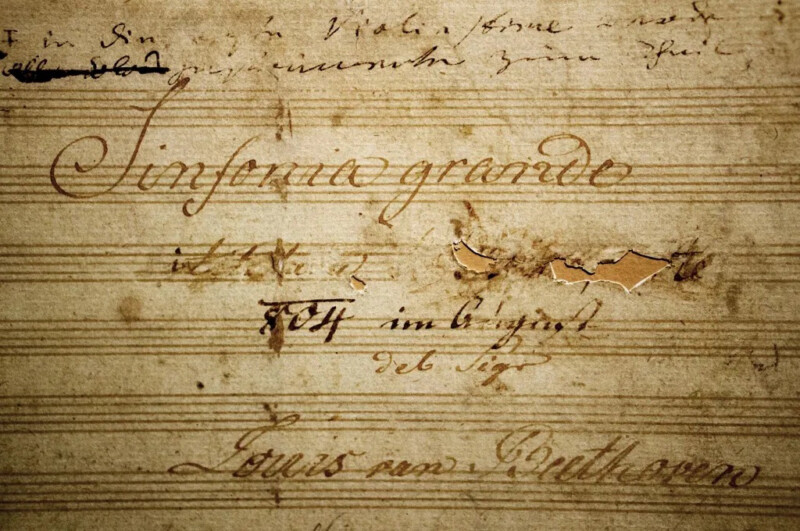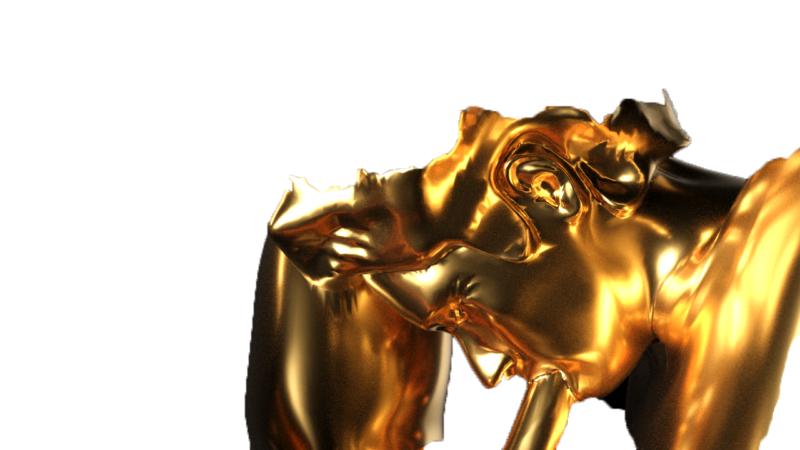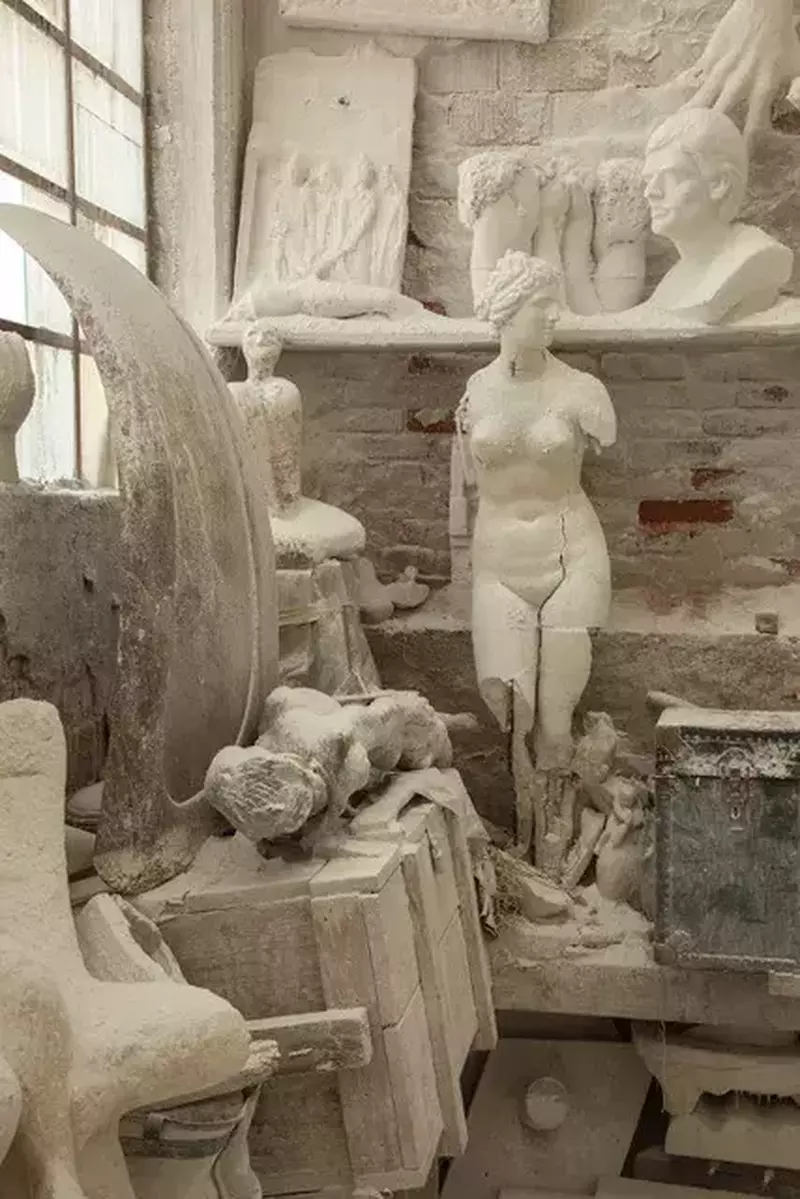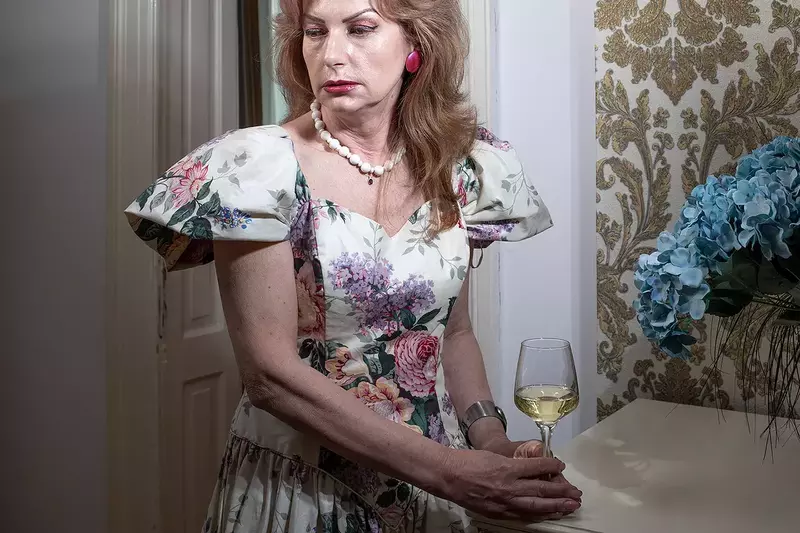Benjamin Windelinckx
The opera of Dorian Gray
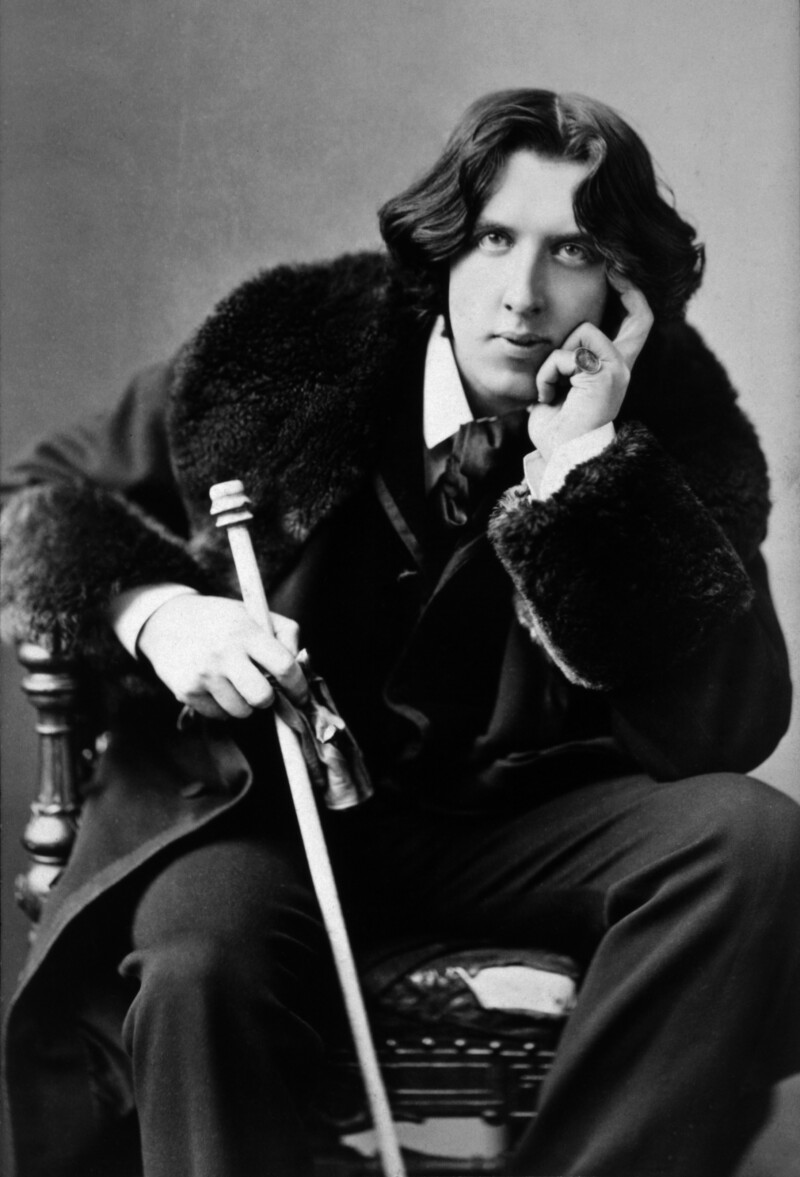
Trumpeting! Student Benjamin Windelinckx was found to be a master of composing music. At his graduation concert, he performed the majority of the scenes of his first chamber opera. A modest tour de force nonetheless.
ONRUST
Graduating with a quasi-finished chamber opera, not many do. Have you always been a fan of the genre?
BENJAMIN WINDELINCKX
When they asked me at the entrance exam what project I dreamed of doing, I did indeed answer 'an opera'. However, I am not really a Wagner fanatic. My favourites are Bluebeard's Castle by Béla Bartók and the two by Alban Berg: Lulu and Wozzeck. Oh yes, and almost anything by Richard Strauss. Salome, of course, but I can also enjoy a comic vehicle like Der Rosenkavalier. Pure craftsmanship how he combines a naturally dialoguing tempo with virtuoso writing. Never does it fall silent.
ONRUST
You speak of Salome. That's also on lyrics by Oscar Wilde. How did you get to The picture of Dorian Gray?
BENJAMIN WINDELINCKX
I call it a bit my disease of the past few years. With every book that came under my nose, I spontaneously wondered if I could somehow tone it. I hesitated for a long time. On my shortlist, for instance, were two more short stories: The Tell-Tale Heart by Edgar Allan Poe and Bartleby, the Scrivener by Herman Melville. In the end, I chose Oscar Wilde's novel. I knew the work from earlier English classes, but when I reread it in my third year of Conservatory, I was immediately convinced that it would lend itself perfectly to an opera. Not surprising, by the way, considering that Wilde was a theatre-maker.
ONRUST
The theme still has to align, of course.
BENJAMIN WINDELINCKX
That goes without saying. In a way, the story reminded me a bit of Don Giovanni. A sinner, trying to escape his fate, is punished at the end anyway. However, I absolutely did not want to emphasise that theme. Well, if you ask me what it is about, I almost blush. The answer is so universal: mortality, youth, beauty, the role of art, good versus evil...
ONRUST
How did you start the translation from novel to libretto?
BENJAMIN WINDELINCKX
In a way, it was a very pragmatic process. You can't canonise the text. You adjust, delete and add according to the theatrical or musical necessity. There is a scene, for instance, in which Dorian is addressed by the painter Basil about the nasty rumours circulating about him. My initial text selection proved too short when composing, so I expanded it. There are also many places where I slightly altered wording to achieve a more musical, fluid result. Another time I intervened for non-musical reasons. The passage in which actress Sybil Vane, Dorian's sweetheart, commits suicide out of infatuation, struck me as an inexplicable cliché: vulgar and misogynistic. So I took up the pen myself and wrote out a balcony conversation with new text. That proved no sinecure and, frankly, I feel I still need to tinker with it.
ONRUST
Writing an opera is one thing, getting it performed is another. How did the production go?
BENJAMIN WINDELINCKX
I am lucky that I found a lot of fellow students willing to take on such a weighty project. I tailored the cast to them: a small orchestra and three singers. Dorian was portrayed by actor Pepijn Huisman from the drama department, on the one hand because a sung lead role would require too much effort, and on the other hand also for dramatic reasons. Dorian speaks and remains the same, while the singers are more dynamic. Unlike the eternally young Dorian, they are subject to time.
ONRUST
What did it look like on stage?
BENJAMIN WINDELINCKX
The staging was minimalist, but apt, if you ask me. I have Carine van Bruggen to thank for it. However, I don't like minimalist fashion per se. I mean some operas are written with a certain pomposity, say a grand opéra by Giacomo Meyerbeer. To my mind, a sparse visual approach then does not always mesh with the music, but from what I hear, even in Bayreuth they are going that route. Now, opera direction is a difficult issue. The line between modern interpretation and revisionism is thin. It seems to me that the exercise is always to separate the universal from the temporal and then add a new perspective. I wonder if, starting from a 'historicising' direction, you might not just sharpen the differences with today. But in the end, I am not a director.
ONRUST
What are the future plans?
BENJAMIN WINDELINCKX
I would love to complete the opera, although I still have some work ahead of me in that area. At this very moment, I am writing an orchestral piece for SOV young, the youth orchestra of Symfonieorkest Vlaanderen. And in September I will also start studying musicology in Leuven. Why? Of course, I already know a lot about contemporary idioms, but I want to brush up on my knowledge of early music. I may be naive, but I believe that knowledge of the past helps when writing today. Is that a pedantic view?
ONRUST
Far from it. This conversation benefited from it by all means. Thank you and good luck.
Text: Régis Dragonetti.




















